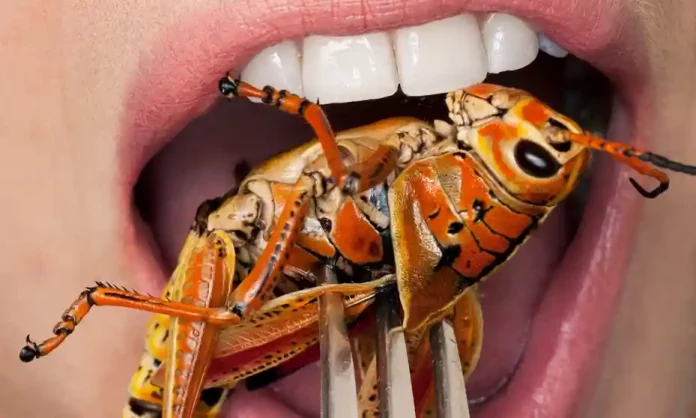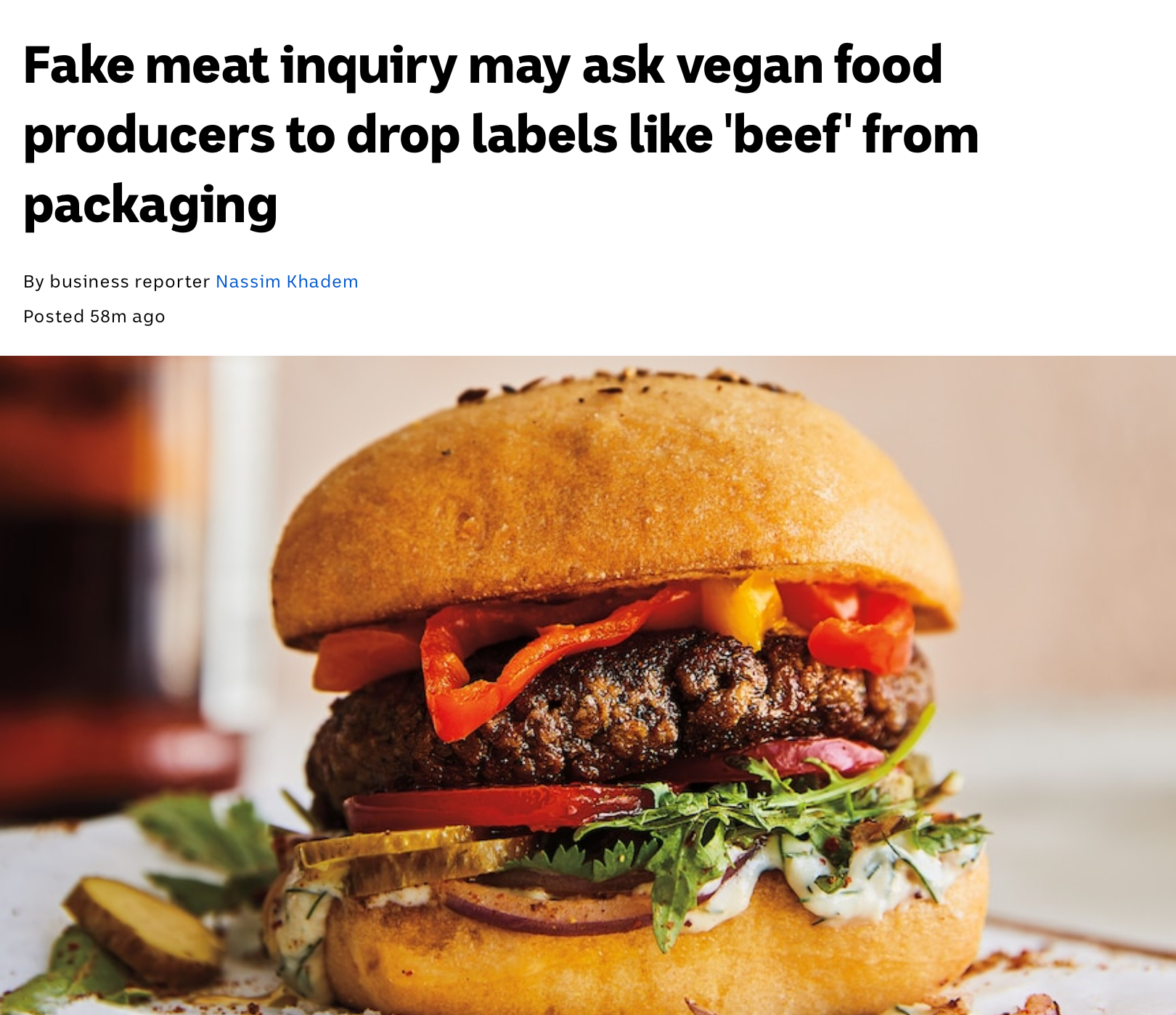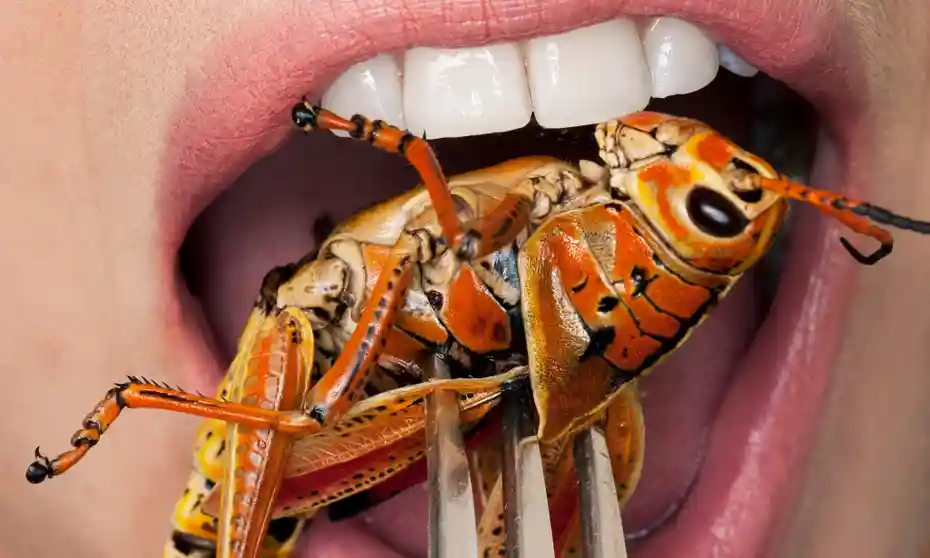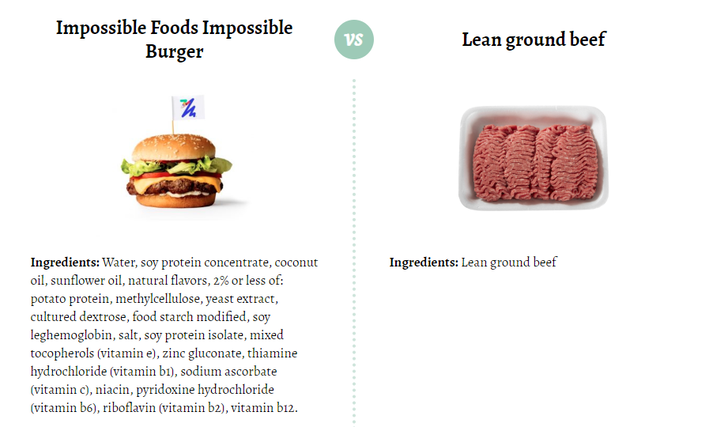Let’s spend a moment to dissect how our special friends obscure the bleeding obvious:
Plant-based food producers could soon be forced to drop terms including ‘beef’ and ‘sausage’ — as well as any images of animals — from their packaging, according to the chair of a Senate inquiry into food labelling.
The inquiry – initiated by Queensland Nationals senator and former butcher Susan McDonald — is examining whether plant-based product manufacturers should be able to use words associated with animals on their packaging, and if consumers are being misled about what they are buying because of the labelling on plant-based foods.
Australia’s consumer watchdog, the Australian Competition and Consumer Commission (ACCC), said it had no evidence that consumers were being misled, but Senator McDonald said the inquiry had received anecdotal stories that some people were confused.
She told ABC News the inquiry’s final report in February would likely recommend changes to where plant-based foods were located on supermarket shelves and how they were labelled.
“One [main recommendation] will be [about] product placement — that we don’t end up having plant-based proteins and animal proteins co-mingled on supermarket shelves,” Senator McDonald said.
“The second is about the labelling — that we don’t use the picture of an animal, we don’t use the name of an animal, on a product that has no reference to that animal at all.”
Of course it’s misleading. If so-called “plant based” foods were only meant to be marketed to vegans, they would make the packaging clear and unambiguous and it would be stocked on the vegan shelf at the supermarket.
Of course the ACCC claims they have no evidence consumers are being misled, much like the WHO, CDC and ATAGI claim that a rise in heart attacks since the implementation of coerced mass vaccination has no correlation to the implementation of coerced mass vaccination.
The entire point of fake meat is to mislead meat eaters, otherwise known as normal people, into accidentally buying it. Imagine what it would look like if they advertised their product truthfully:
They require a series of accidents to occur for the con to stick:
- One must repeatedly fail to notice that there is something funny about the package one has bought.
- Then fail to notice that the substance feels funny and smells off as one takes it out of the packet, then be too distracted as it fries on the pan to recognise that it smells and sounds different.
- When one puts it in one’s mouth, taste buds confirm it is Frankenstein food and the body naturally vomits.
- Finally, and this is the clincher, the misled buyer will figure they have come this far so they may as well give the whole thing a try.
Naturally, the makers of this garbage are not simply telling whoppers, they are relying on whoppers:
But without firm evidence that consumers are being misled, the plant-based food industry is asking: why even hold an inquiry or recommend changes?
You don’t need an inquiry to tell you that ordinary people are being misled into buying fake meat. The fact that they package it to look like meat and stock it amongst meat products tells us that this is exactly what they are trying to do. Their entire growth strategy relies on dishonesty.
The real question is why the fake meat “industry” is even an industry in the first place. It simply should not exist.
If humans weren’t supposed to eat meat, vegans would just eat alfalfa and seeds and flower petals and they would be happy, and they wouldn’t tell everybody that they’re vegan. Instead, they require massive corporations to invest billions of dollars into researching, designing, manufacturing, marketing and distributing disgusting, artificial garbage just so they can feel like they’re not missing out.
Even then, there aren’t enough vegans in the world to make this worthwhile, so manufacturers need to trick ordinary people into buying it. And even then, they will never trick enough ordinary people into becoming loyal customers. Indeed their deceptive practices have triggered a parliamentary inquiry well before it is ever likely to become profitable.
This leads us to the truth. It was never meant to be profitable:
…it’s important to look at the context of changing consumer food preferences.
It’s well-known that Australia has long been a nation of meat lovers.
Per capita, our meat consumption remains one of the highest in the world.
But consumers are increasingly considering ethically and environmentally conscious dietary habits, and food consumption is changing.
It’s part of the reason why domestic consumption of meat has fallen to its lowest point since the mid-1990s (drought conditions impacting livestock and prices are another reason).
We could rewrite the last to sentences as follows:
But consumers are increasingly being forced to choose cheaper options as drought conditions impact livestock and prices, and food consumption is changing.
It’s part of the reason why domestic consumption of meat has fallen to its lowest point since the mid-1990s (although people increasingly considering so-called “ethically and environmentally conscious” dietary habits could be another reason).
In fact, that makes far more sense.
IBISWorld data estimates meat consumption in 2020-21 at 99.5 kilograms per capita (per person) per year.
It forecasts this will lift by just 0.3 per cent in 2021-22 to 99.8 kilograms per capita (per person) per year.
While that’s still high by global standards, it’s near its lowest point since 1996-97.
Since the 1990’s, Australia has imported millions of foreigners who traditionally eat less meat than Aussies. It is entirely possible that Real Australians still eat as much meat as we ever have, but per capita, the overall proportion of meat in the diet of people living in Australia has dropped.
Thus economic and demographic data has impacted the estimates of meat consumption in Australia. Enter the Lying Press to project the ideologically-driven buying habits of a fringe section of Australia’s population which lives in the inner cities of a few eastern capitals upon the rest of the population.
As stated, the fake meat industry should not exist. It likely does not make a profit and it is not supposed to. It is an entirely artificial construct, designed to allow what the globalists term as “useless eaters” to subsist for several decades as our numbers are steadily whittled down.
They are currently pumping billions of dollars into normalising this garbage, but once we’re out of the way the industry will magically disappear.
Subscribe to XYZ on Telegram, Bitchute, Patreon, Twitter and Gab.













